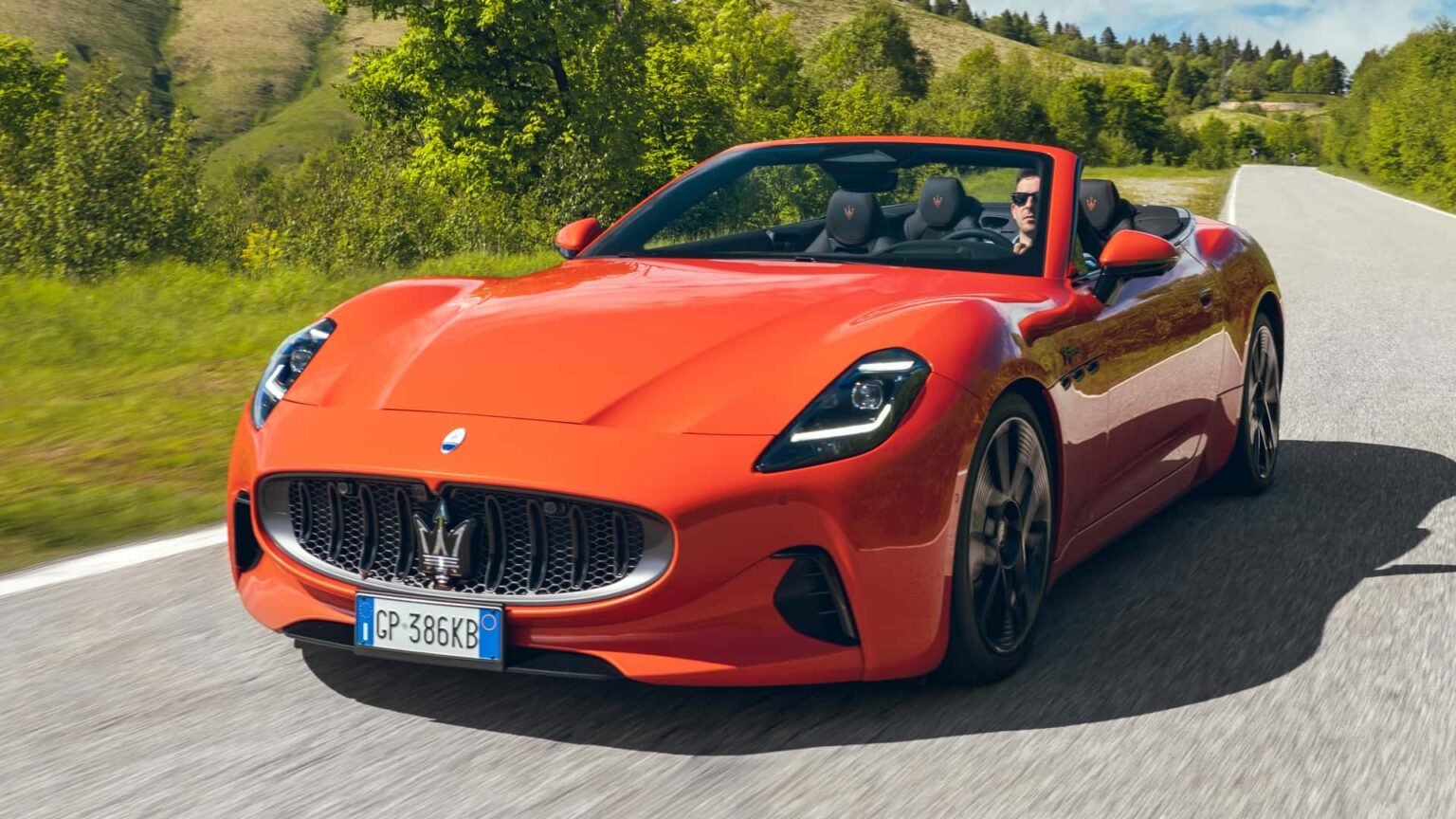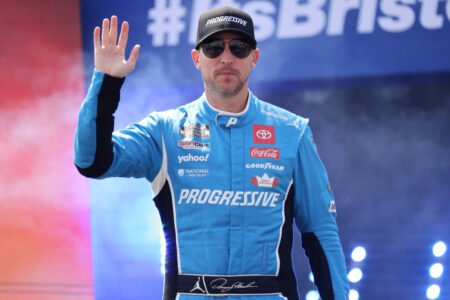To say Maserati is in the red would be a major understatement. Sales plummeted by 57 percent last year when only 11,300 people bought a car bearing the Trident logo. And 2025 isn’t shaping up much better, as the high-end Italian marque has already fallen another 48 percent through March compared to the first three months of 2024.
As if that weren’t bad enough, the Trump administration’s new tariffs will wreak havoc. None of Maserati’s models are built in the U.S., which is traditionally one of the brand’s largest markets. Things are looking bleak enough that Stellantis has hired McKinsey & Company consultancy firm to assess the worrying situation, especially in terms of the tariff fallout. That said, the parent company of Italy’s ailing luxury brand isn’t looking to offload it.
Reuters cites Maserati’s new boss Santo Ficili, who insists the struggling automaker is not for sale:
“Stellantis confirms its commitment towards Italy, its workers, and all its brands, including Maserati.” That promise was included in a letter from Uilm Union, a trade union representing Italian metalworkers. Despite the tariffs, Ficili, who also oversees Alfa Romeo, claims: “The United States remain a strategic market for Maserati.”
The fact that wealthy buyers shopping in the upper echelon are not necessarily interested in EVs isn’t helping either. Maserati had no other way but to abort plans for an electric MC20, fearing people wouldn’t buy it:
“Market studies for the super sports car segment and especially for MC20 customers has demonstrated that they are very keen on driving powerful ICE engines like the Maserati Nettuno V-6, which incorporates F1-derived technologies, but are not ready to switch to BEVs for the foreseeable future. We have decided to discontinue the MC20 BEV Project due to a perceived lack of commercial interest.”
Before abruptly resigning in late 2024, former Stellantis CEO Carlos Tavares said Maserati’s problems weren’t about the cars. Instead, he blamed poor marketing and a lack of clear positioning:
“[Maserati is] a brand that is not just about sports cars; it is about gran turismo, it is about quality of life, la dolce vita and technology.”

Let’s not forget that someone within Stellantis hinted a sale wasn’t off the table. Last year, then-CFO Natalie Knight let it slip: “There could be some point in the future when we look at what’s the best home for [Maserati].” Stellantis swiftly denied such plans and issued a press release confirming the Modena-based brand would stay in the family.
And while I believe in the saying “there’s no smoke without fire,” Stellantis seems adamant about keeping Maserati. Ficili has also ruled out a merger with Alfa Romeo, explaining that while Alfa is “premium,” Maserati is “luxury.” However, he did acknowledge the possibility of closer collaboration, though without going into detail. While full-on badge engineering seems unlikely, sharing parts to cut costs might be on the table.
Stellantis has reiterated its 2021 commitment to keep all 14 brands for at least 10 years, including Abarth, DS Automobiles, Lancia, Chrysler, and the rest of the gang. Meanwhile, the group is finalizing its search for a new CEO to replace Tavares. An announcement is expected during the first half of the year.
Read the full article here












